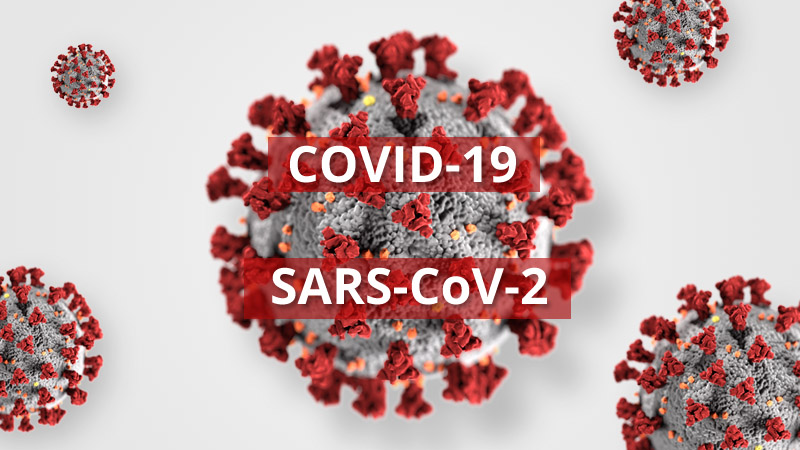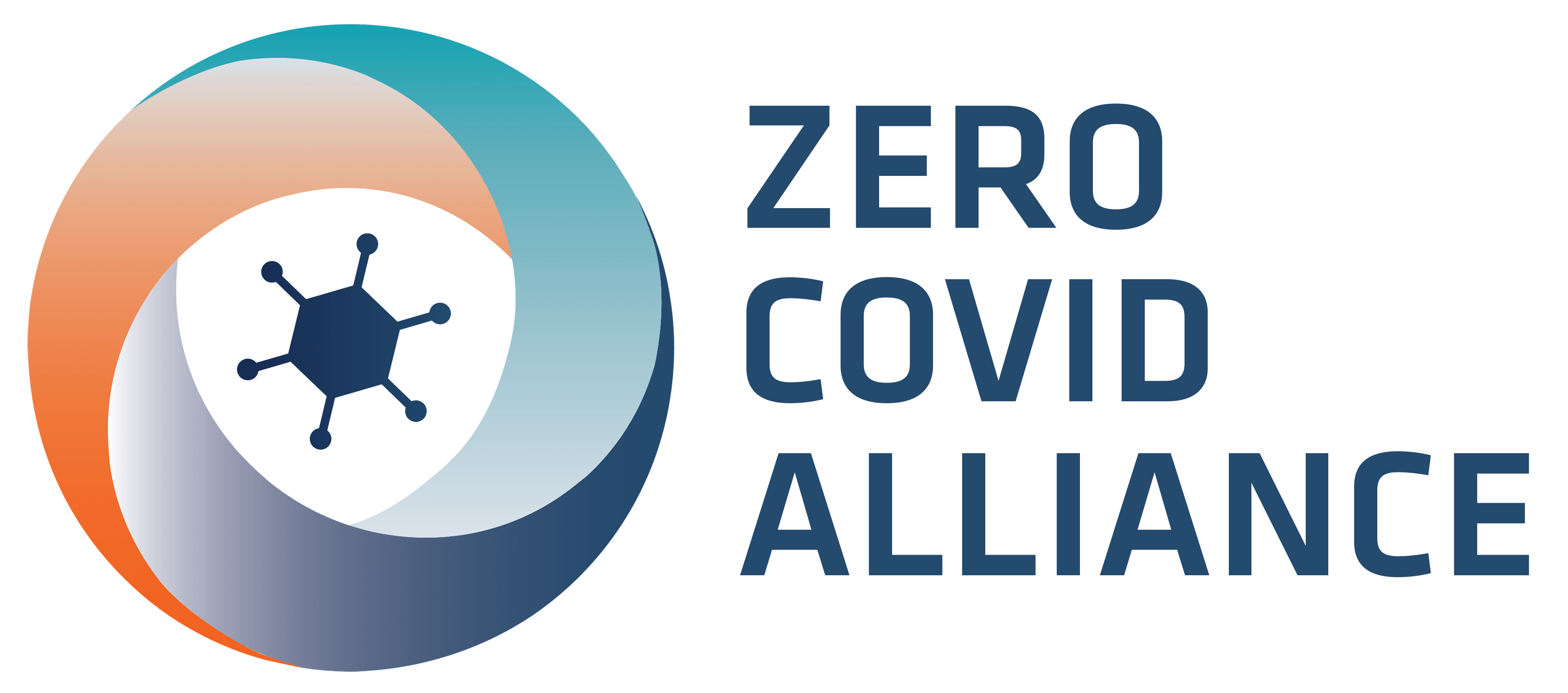
Testing for COVID-19 is very important. It is our window into the pandemic and its spread. Without reliable data on the number of confirmed cases of the virus, we don’t know how the pandemic is going, which countries are doing well and which are simply underreporting the number of infected and dead. Without testing, there is no data.
Tests are also one of the most important tools in the fight to slow and limit the spread of the virus. They make it possible to identify infected people and refer them for treatment. They make it possible to isolate infected people and quarantine those with whom they have had contact. They can also help allocate medical resources and personnel more efficiently.
COVID-19 types of tests
Among the available tests for SARS-CoV-2 infection are those that detect:
- the presence of the virus – these are designed to determine whether a person is currently infected (RT-PCR and PCR genetic testing – the test material is usually a nasopharyngeal and throat swab),
- the presence of antibodies – a positive result indicates that a person has had COVID-19 infection (serological tests detecting antibodies of the IgG and/or IgM class – the test material is blood),
- virus antigens (i.e., structures recognized by the human body as foreign, which stimulate the immune system to act) – antigens are detectable only in the initial phase of the disease, when the virus is actively replicating (multiplying) (the material for the test is a nasopharyngeal and throat swab).
As recommended by the World Health Organization (WHO), confirmation of a case of infection is based primarily on a positive reverse-transc.ription polymerase chain reaction (RT-PCR) test.
In case of limited availability of genetic (molecular) tests, antigen tests are also used. The antigen test should be performed within 5-7 days of the appearance of symptoms indicative of COVID-19.
Molecular and antigen testing is performed primarily in patients with symptoms of SARS-CoV-2 infection, while serological tests are used for mainly epidemiological purposes and identification of recovered patients.
How to prepare for a diagnostic test for SARS-CoV-2 infection?
Serological tests to check the presence of anti-SARS-CoV-2 antibodies do not require preparation are performed from blood. It is not necessary to be fasting.
However, for the genetic PCR or RT-PCR and antigen test, laboratories most often recommend taking a swab in the morning, before taking fluids, food, medication or at least 2 hours (sometimes even 3-4 hours) after eating your last meal. Before the test, they also do not recommend:
- brushing teeth,
- using mouthwash,
- nasal ointments,
- lozenges.
It is important to remember that when going to an intake point for a test, you should take precautions (preferably your own means of transportation, a nose and mouth guard, keeping a social distance).
Is coronavirus testing available to everyone?
Individual commercial (fee-based) tests are available to everyone. They can be completed at specific laboratories or medical facilities that perform tests for COVID-19.
Material for RT-PCR testing can be collected at the patient’s home by a medical professional, the service is chargeable.
Free RT-PCR and antigen tests are available only to people with symptoms indicative of COVID-19 who have a referral from a PCP – they are performed at specific laboratories
and drive-thru centers.
Does a test result for SARS-CoV-2 infection show that I am sick or that I was sick?
It depends on the test that was performed. Molecular (genetic: RT-PCR and PCR) and antigen tests are used to identify people who are sick with COVID-19 (symptomatic) or infected with SARS-CoV-2 (asymptomatic). Anti-SARS-CoV-2 antibody testing, on the other hand, is used to assess COVID-19 survival (e.g., identifying recovered patients).
On the other hand, the anti-SARS-CoV-2 antibody test can indicate contact with SARS-CoV-2 , but is not the basis for the diagnosis of infection. At the same time, a negative result does not exclude SARS-CoV-2 infection.
However, it should be noted that the detection of genetic material of the virus is possible only in the active phase of COVID-19.The result illustrates the status at the time of collection of material for testing. A positive result confirms current infection with the virus.
Can the test for SARS-CoV-2 infection be performed at home?
The material for the test can be collected by a medical professional at the patient’s home. The service is, of course, (additionally) chargeable. The performance of other tests at home (e.g., antigen tests) varies from laboratory to laboratory.
What is the waiting time for a test result for SARS-CoV-2 infection?
The result of RT-PCR or PCR tests is usually available up to 24 hours (the waiting time may be longer due to transportation of the sample, as the test is not always performed on-site at the facility, and also due to the large number of tests performed at a particular laboratory).
The result of a test detecting anti-SARS-CoV-2 antibodies is obtained in up to 3 days. However, the time to receive the test results may vary between laboratories. The result of the antigen test is usually available within 20 minutes.
What is the difference between a serological test and a genetic test in the diagnosis of COVID-19?
A genetic (molecular, RT-PCR/PCR) test involves the detection of genetic material (RNA) of the virus in a specific biological material, usually from the respiratory tract (a swab usually from the nasopharynx or throat). Its purpose is to determine whether a person is currently infected. The RT-PCR test is performed when there are symptoms of SARS-CoV-2 infection and/or contact with an infected person.
Serological tests detect antibodies produced by the body in response to contact with the SARS-CoV-2 virus (they do not detect the virus itself). They indicate that a person has had the infection, but do not allow one to determine when the person tested had it.
An antibody test is performed on a person who has confirmed or suspected COVID-19 infection, even if there are no symptoms, to determine the presence of antibodies to the virus. The antibody assay is not used to diagnose active infection because during the early stages of infection, the body does not yet produce them or produces them in too small an amount to, be detected.
